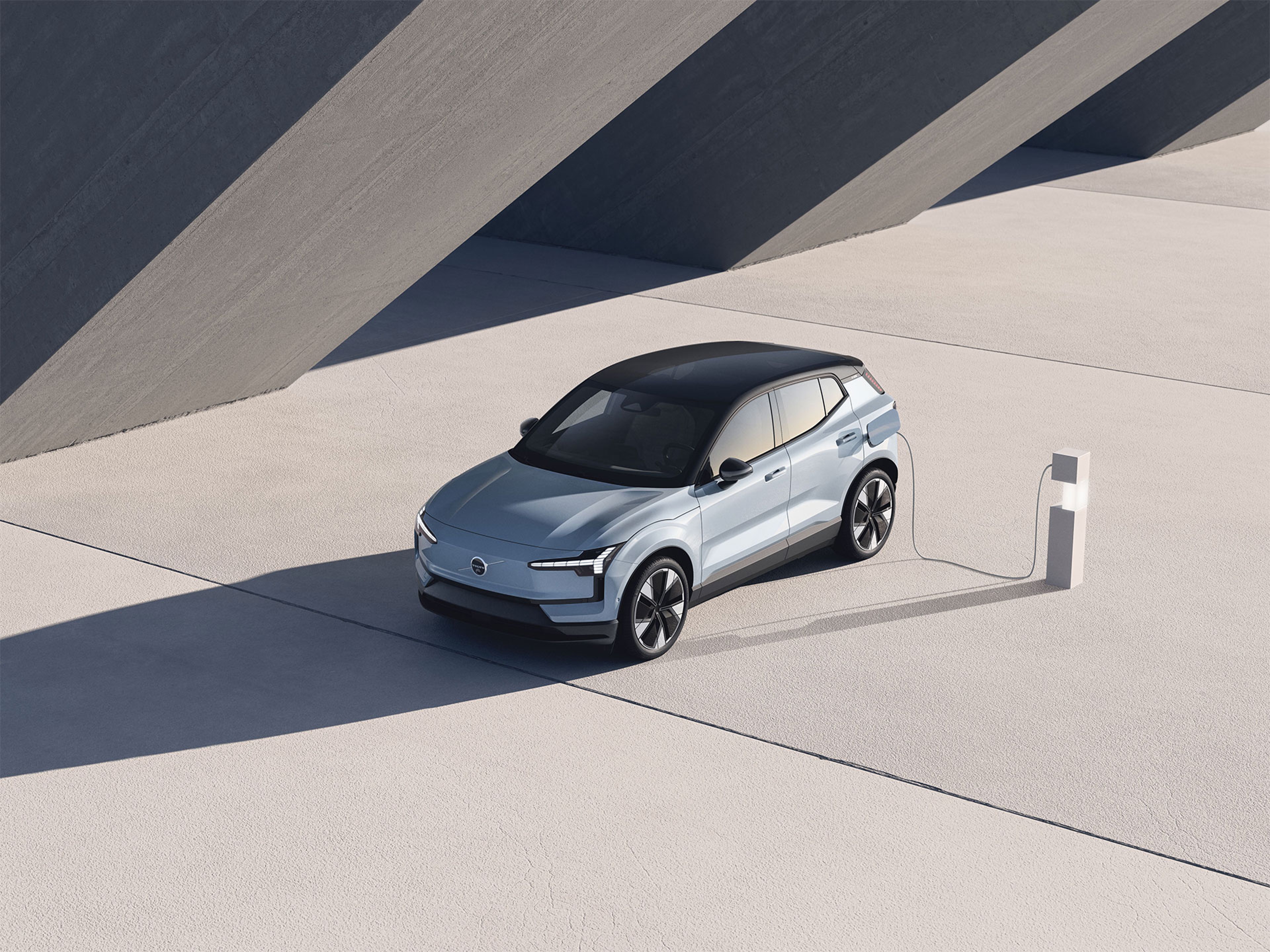CPOpen: Your Gateway to Current Affairs
Stay updated with the latest trends and insights across various topics.
Charge Your Ride: Why Electric Cars Are the Future of Driving
Discover why electric cars are revolutionizing the road! Charge your ride and embrace the future of driving today!
The Environmental Benefits of Electric Cars: Driving Toward a Greener Future
The transition to electric cars is not just a trend; it represents a crucial shift toward a more sustainable future. Electric vehicles (EVs) produce zero tailpipe emissions, which significantly reduces air pollution in urban areas. According to a study by the U.S. Environmental Protection Agency, replacing conventional gasoline vehicles with electric alternatives can lead to a remarkable decrease in greenhouse gases, contributing to cleaner air and improved public health. Furthermore, as the grid increasingly adopts renewable energy sources like solar and wind, the overall carbon footprint of electric cars continues to diminish, further solidifying their role in environmental conservation.
In addition to reducing emissions, electric cars also conserve natural resources and promote energy efficiency. EVs are generally more efficient than traditional vehicles, transforming about 60% of electrical energy from the grid to power at the wheels, compared to only 20% for gasoline vehicles. This efficiency not only lowers energy consumption but also mitigates the need for oil extraction and refining, which can have devastating ecological impacts. Moreover, the lifecycle of electric cars, including their batteries, is now being addressed through innovations in recycling and sustainable materials, as outlined by the National Renewable Energy Laboratory. By choosing electric transport, consumers are taking a significant step toward reducing their ecological footprint and driving toward a greener future.

Debunking Myths: What You Need to Know About Electric Vehicle Technology
The widespread adoption of electric vehicles (EVs) has led to numerous myths and misconceptions about their technology. One common myth is that EVs are not as powerful as traditional gasoline vehicles. In reality, many electric vehicles offer impressive torque and acceleration due to the nature of electric motors. For instance, the Tesla Model S can accelerate from 0 to 60 mph in just 2.4 seconds, showcasing the potential of electric powertrains. Additionally, range anxiety is often cited by potential buyers as a significant deterrent, but advancements in battery technology have led to many EVs now capable of over 300 miles on a single charge, making them a practical choice for most drivers.
Another prevalent belief is that charging an electric vehicle takes an exceedingly long time. While traditional charging can take several hours, the emergence of fast charging stations has drastically reduced this time. Many modern EVs can charge up to 80% in under 30 minutes at such stations, allowing for convenient road trips. Moreover, maintaining an electric vehicle can be less expensive than a traditional car, as EVs typically have fewer moving parts and require less frequent maintenance. To learn more about the actual costs associated with owning an EV, check out Edmunds.
How to Make the Switch: A Comprehensive Guide to Electric Car Ownership
Making the transition to electric car ownership can be a transformative experience, both for your driving habits and your impact on the environment. As you embark on this journey, understanding the benefits of electric vehicles (EVs) will empower you to make informed decisions. From lower running costs to reduced emissions, the advantages are compelling. To get started, consider evaluating your driving needs and the types of electric vehicles available. It’s essential to determine factors like range, charging time, and the model that suits your lifestyle best.
Next, familiarize yourself with charging options and infrastructure near your home or workplace. Installing a home charging station can be a convenient way to ensure your vehicle is always ready when you are. Additionally, check out local charging networks by visiting resources like PlugShare, which provides an interactive map of charging stations near you. Finally, don’t forget to explore any available incentives for EV owners, such as tax credits and rebates outlined by the EPA that can significantly offset the initial cost of your electric vehicle.